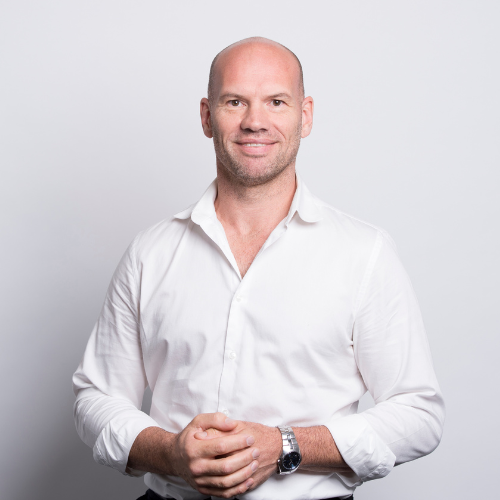Question
Are there certain foods that can ‘boost’ testosterone?
Answer
You’d be forgiven for thinking the answer to this question is a resounding ‘yes’ based on a quick internet search, but examination of the available evidence suggests the opposite.
There’s no doubt that a poor diet, lack of exercise and carrying too much weight can lower your testosterone levels, and that fixing these problems can bring your levels back up. If you already have a healthy diet, exercise regularly and are a healthy weight, you’re unlikely to ‘boost’ your testosterone levels by altering what you eat.
A ketogenic diet (one that’s high in fat, low in carbohydrates and with a moderate level of protein) might raise testosterone levels in men aged 18-30 who can squat one-and-a-half times their body weight1, but that’s not the majority of us and adherence to a ketogenic diet is tough2.
As for specific foods that can increase your testosterone level, there is practically no evidence to support the internet’s claims that there’s benefit from eating strawberries, chocolate, brazil nuts, pumpkin seeds… the list goes on.
Most of the claims I’ve seen online are based on the idea that if certain foods are high in certain nutrients, and those nutrients are somehow involved in production or regulation of testosterone, then eating these foods will increase your testosterone levels. Not only is this logic fundamentally flawed, but the evidence that eating more zinc, selenium, magnesium, vitamin D or folate increases testosterone levels just doesn’t exist3,4,5,6 (unless you’re a goat7). This also means that supplements that you can get from the chemist, health food store or gym are pretty useless (and potentially dangerous)8.
So, if you eat well, exercise regularly and are generally healthy, you’re doing just about all you can to maximise your testosterone levels already. Unless you have a problem that requires medical or hormonal treatment, all that’s left is to make sure you’re getting enough sleep and are not working too much9.
If you’ve noticed symptoms of low testosterone, chat to your GP who can determine the cause and the best course of treatment.











